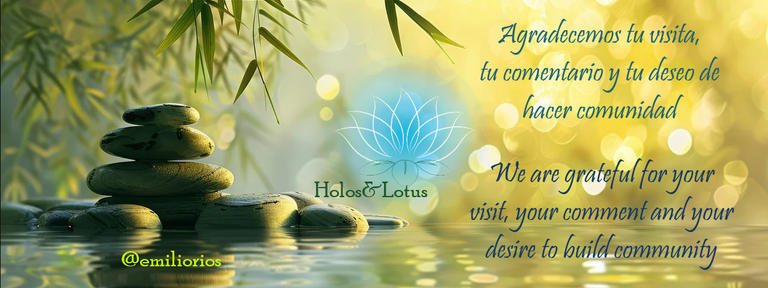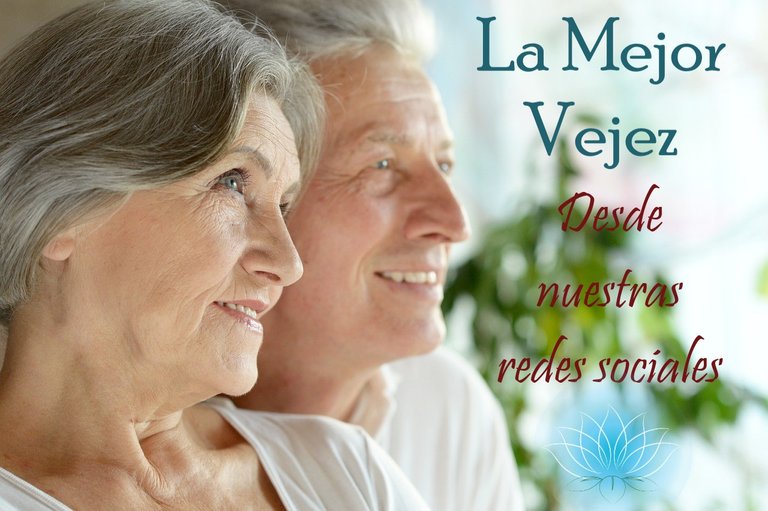

La Revolución de la Longevidad o el envejecimiento alcanzado es, definitivamente, una de las transformaciones sociales más significativas que hemos vivido en el siglo XXI.
Con consecuencias que se ven en el mercado laboral y financiero, en demandas de servicios y bienes, en protección social, así como, en reestructuración familiar y en los nuevos vínculos entre las generaciones.
Sin embargo:
¿Qué tanto vemos a los adultos mayores como contribuyentes al desarrollo de la sociedad, en una humanidad que exalta la juventud y que la tiene como referente de bienestar, felicidad y éxito?
Es muy probable que los adultos mayores enfrenten presiones de todo tipo, desde afectivas, hasta fiscales y políticas; con problemas en asistencia sanitaria, pensiones relevantes y en protección social; por eso, creamos contenido para guiar hacia la acción justa, para la vejez.

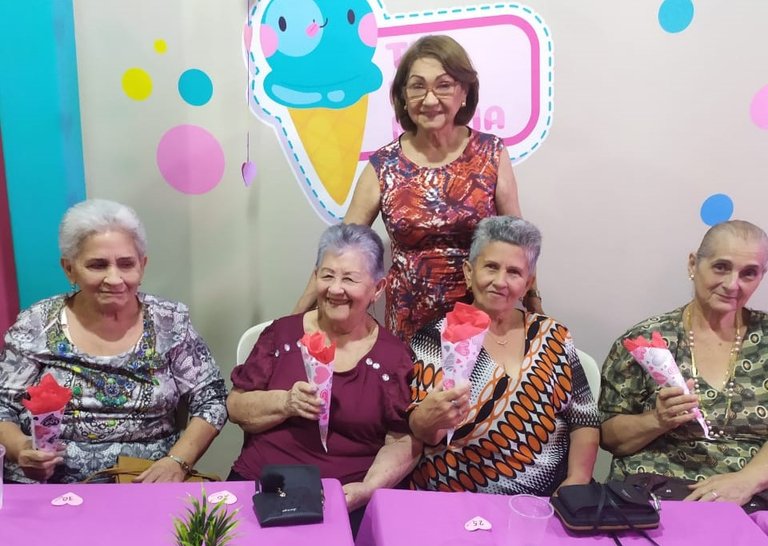
Imagen propia: Mis tías y sus amigas celebrando un cumpleaños
A un ritmo acelerado
La proporción de personas adultas mayores, de 65 años o más, está aumentando en forma acelerada; y se espera que llegue a ser el 16% de la población mundial para el 2050, según informe de las Naciones Unidas.
Pero, ¿cómo son tratadas las personas adultas en una sociedad que exalta la juventud?
Debo repetir una frase que leí hace poco, del artículo: ¿Cómo son tratadas las personas mayores en la sociedad actual? de Lorena García -Abril 30, 2021- del blog El rincón de los mayores, que dice, que los adultos mayores han ido del respeto al olvido.
En generaciones pasadas, los adultos mayores eran una fuente de conocimiento y sabiduría; gente a respetar, cuidar y atender; hoy en día, han pasado a ser una carga.
Y existe una visión reducida y muy sesgada sobre este grupo poblacional que se intenta mantener en la sombra, recibiendo discriminación, apartándolos a residencias y convirtiéndoles en portadores anónimos de experiencias y lecciones maravillosas.
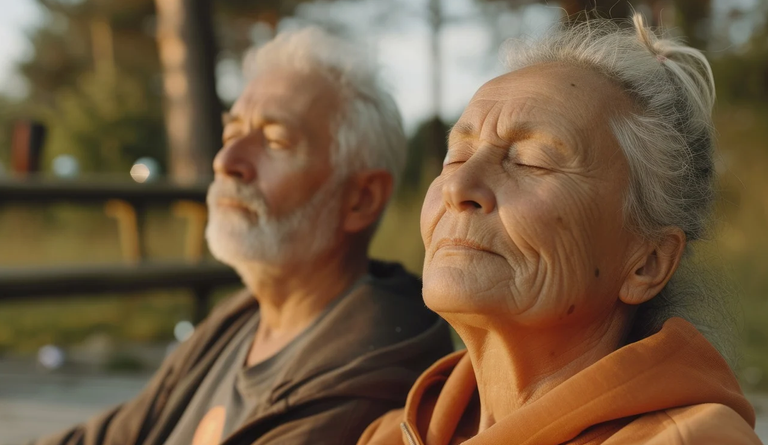
Pero todos llegaremos a esto
Con suerte, hoy en día vivimos más que antes y muchos de nosotros llegaremos a esa etapa de la vida; por lo tanto, debemos comprender el envejecimiento desde el punto de vista biológico, pero también desde el punto de vista social.
Y hay que realizar actividades de concientización para evaluar y valorar esta etapa.
Para entender que se generan transiciones vitales importantes, donde existe la jubilación y la necesidad de viviendas seguras; pero también, una etapa en la que ameritamos estar acompañados.
Las afecciones que ellos viven a la larga van a ser también nuestras afecciones; y es necesario que hablemos de esta etapa de fragilidad física y de fortalezas en conocimientos.
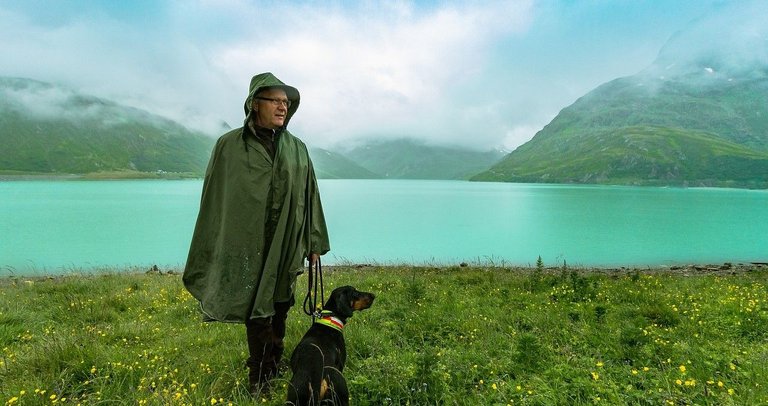
Nos importa mantenerlos saludables
Por un envejecimiento saludable pudiéramos comenzar a luchar y dar a conocer estrategias que se logren y que mantengamos cuando nos corresponda vivir esta etapa.
Comprender la necesidad de mantenerlos activos el mayor tiempo posible.
Así, un adulto disfruta de buena salud dentro de la materialidad que posee, si está acompañado, si hay un entorno propicio que le permita estar activo.
Donde exista una buena distribución de su tiempo, pues son personas que ya no trabajan, pero que deben mantenerse en contacto social.
Aquí, los hábitos saludables deben evaluarse y mantenerse; por lo que son necesarias las dietas equilibradas, la abstención del consumo de sustancias que dañen, y estar activos a nivel mental y emocional, para evitar complicaciones de enfermedades psiquiátricas.
A nivel social, necesitamos disponibilidad de transporte seguro y accesible, en entornos donde puedan caminar y mantener elementos individuales que prevengan caídas y dificultades para la movilización.
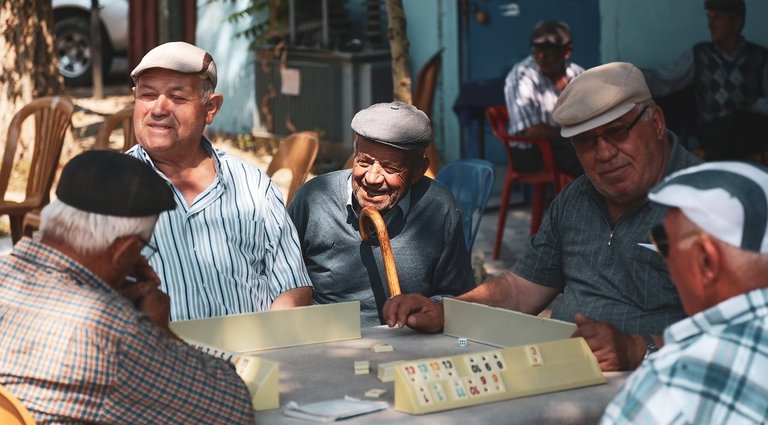
Y centrarnos en el entretenimiento...
Mientras logramos aumentar nuestra edad y la cantidad de existencia, mejoramos nuestros hábitos, y las actividades que debemos señalar y establecer son las actividades recreativas.
La diversión, los juegos, lo que permite salir de la rutina diaria y dar relajación y combatir el estrés con beneficios físicos y psicológicos, deben ser prioritarios.
No es necesario que el envejecimiento vaya acompañado de limitaciones de la movilidad ni de aislamiento social, y es una premisa que la OMS ha compartido reiteradas veces.
Por eso, las actividades lúdicas entre los adultos mayores, los juegos de mesa, la asistencia a reuniones, el crear actividades para que ellos compartan y socialicen, ayudan a disminuir los sentimientos de soledad, aumentando creatividad y mejorando el estado de ánimo.
Además de que se favorece la actividad psicomotriz, también se mejoran los niveles de autoestima.
Y, ni hablar de las bendiciones sociales, como mejorar las relaciones interpersonales y la integración; lo que favorece la prevención de enfermedades cardiovasculares y mentales, como la depresión.
Todo esto ayuda a que la persona se adapte a la etapa final de la vida y al entorno; y fomenta el mejor uso del tiempo.

Estoy seguro de que pronto y difundiendo mensajes con informaciones actualizadas y centradas en el bienestar de nuestros abuelos, entre todos los que creamos contenido en esta maravillosa red de #Hive, haremos una gran diferencia en la promoción del cuidado amoroso hacia ellos.


For a Protected and Healthy Old Age -Because we all want to get there-
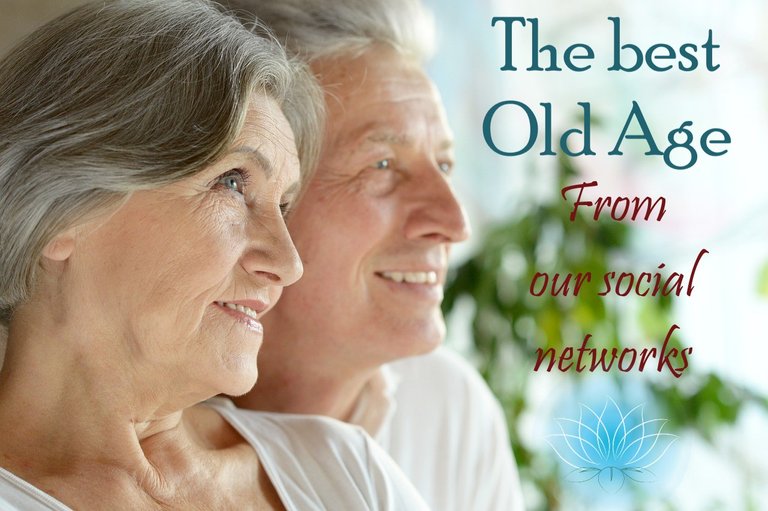

The Longevity Revolution or attained aging is definitely one of the most significant social transformations we have experienced in the 21st century.
With consequences that can be seen in the labor and financial market, in the demand for services and goods, in social protection, as well as in family restructuring and in the new links between generations.
However:
How much do we see older adults as contributors to the development of society, in a humanity that exalts youth and holds it as a referent of well-being, happiness and success?
It is very likely that older adults face pressures of all kinds, from affective, to fiscal and political; with problems in health care, relevant pensions and social protection; therefore, we create content to guide towards just action, for old age.


Own image: My aunts and their friends celebrating a birthday
At an accelerating trend
The proportion of older people, aged 65 and over, is increasing rapidly and is expected to reach 16% of the world's population by 2050, according to a United Nations report.
But, how are adults treated in a society that exalts youth?
I must repeat a sentence I read recently, from the article: How are older people treated in today's society? by Lorena García -April 30, 2021- from the blog The Seniors' Corner, which says that older adults have gone from respect to oblivion.
In past generations, older adults were a source of knowledge and wisdom; people to be respected, cared for and attended to; today, they have become a burden.
And there is a narrow and very biased view of this population group that tries to keep them in the shadows, discriminating against them, segregating them in residences and turning them into anonymous bearers of wonderful experiences and lessons.

But we will all get there
Hopefully, we live longer today than we used to and many of us will reach this stage of life; therefore, we must understand aging from a biological point of view, but also from a social point of view.
And we must carry out awareness activities to evaluate and value this stage.
To understand that important life transitions are generated, where there is retirement and the need for safe housing; but also, a stage in which we deserve to be accompanied.
The conditions that they experience in the long run will also be our conditions; and it is necessary that we talk about this stage of physical fragility and strengths in knowledge.

We care about keeping them healthy
For a healthy aging we could begin to fight and make known strategies to achieve and maintain when it is our turn to live this stage.
Understand the need to keep them active as long as possible.
Thus, an adult enjoys good health within the materiality that he/she possesses, if he/she is accompanied, if there is a propitious environment that allows him/her to be active.
Where there is a good distribution of their time, since they are people who no longer work, but who must keep in social contact.
Here, healthy habits must be evaluated and maintained; therefore, balanced diets, abstaining from the consumption of harmful substances, and being mentally and emotionally active are necessary to avoid complications of psychiatric diseases.
On a social level, we need availability of safe and accessible transportation, in environments where they can walk and maintain individual elements that prevent falls and difficulties in mobilization.

And focus on entertainment...
While we manage to increase our age and the amount of existence, we improve our habits and the activities that we should point out and establish are recreational activities.
Fun, games, which allows us to get out of the daily routine and give relaxation and combat stress with physical and psychological benefits, should be a priority.
It is not necessary for aging to be accompanied by mobility limitations or social isolation, and this is a premise that the WHO has repeatedly shared.
Therefore, playful activities among older adults, board games, attending meetings, creating activities for them to share and socialize, help to reduce feelings of loneliness, increasing creativity and improving mood.
In addition to promoting psychomotor activity, self-esteem levels are also improved.
And, not to mention the social blessings, such as improving interpersonal relationships and integration; which favors the prevention of cardiovascular and mental illnesses, such as depression.
All this helps the person to adapt to the final stage of life and the environment; and encourages the best use of time.

I am sure that soon and by spreading messages with updated information and focused on the well-being of our grandparents, among all of us who create content in this wonderful #Hive network, we will make a big difference in promoting loving care towards them.

Emilio Ríos – Venezuela
@emiliorios


- Barras separadoras y logo de English, editadas en Paint, de:
Separator bars and English logo edited in Paint, from:
Pixabay-Jobinscaria
Cintillo personalizado de @emiliorios con el logo de #Hive, realizado por la excelente creadora @mosa71
Custom @emiliorios headband with the #Hive logo, made by the excellent creator @mosa71Nuevo logo de Twitter tomado de la plataforma de la red social.
New Twitter logo taken from the social network platform.Imagen de agradecimiento, tomando el logo de nuestra comunidad y editada en Paint, de:
Thank you image, taking our community logo and edited in Paint, by:
Pixabay-TungArt7
- Logo de la comunidad utilizado en las imágenes, de:
Community logo used in the images, from:
Pixabay-Truthseeker08
- Si lo deseas, puedes seguirnos en:
If you wish, you can follow us at:


